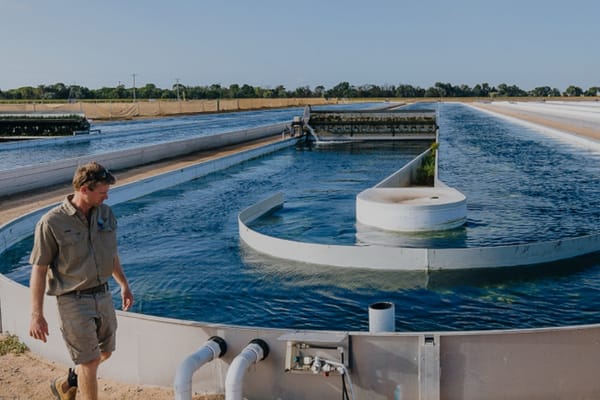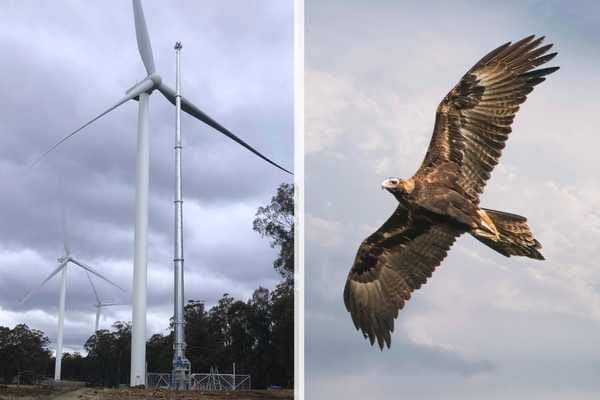Electric roads to charge on the go
Sweden is on a mission to decarbonise transport with a world-first permanent electrified highway.

Sweden is breaking ground in the mission to decarbonise transport with the world’s first permanent electrified highway.
With four trials of the tech under its belt, Sweden has become an electric road pioneer with the recent announcement that it will build the world’s first permanent e-highway.
The electric road will dynamically charge vehicles as they travel along it, allowing electric cars, buses and trucks to travel longer distances with smaller batteries.
The e-highway will run along 21km on route E20 which runs between Örebro and Hallsberg which are located in the middle of a logistics triangle between the three major Swedish cities Stockholm, Gothenburg and Malmö.
The road to rollout
With the pilot project still in its early stages, the road is expected to be operational by 2026, and if all goes well, it could be significantly expanded over the next decade.
According to project lead, The Swedish Transport Administration, the purpose of the pilot is to verify and demonstrate a complete electric road system including ancillary services, toll and access system.
The choice of technology has yet to be made, with the options including overhead wires, an electric rail built into the road, or an inbuilt plate providing a wireless charging solution. Design and construction is slated for completion in 2026-2027.
Several countries, including Sweden, Germany, France and Denmark, Italy, India, the UK and the US, are also either testing or exploring their electric road options.
A weighty issue
The backdrop to the project is a landmark law passed in Europe in March which requires all new cars to emit zero CO2 from 2035.
Although Sweden’s electric road will supply all road users, the electrification of trucks will make the biggest environmental impact.
“This investment in electric roads is intended to contribute to the goal of reducing carbon dioxide emissions from freight traffic,” the Swedish Transport Administration says.
“Heavy goods vehicles are responsible for a large proportion of carbon dioxide emissions from road traffic. We need to analyse how various electrification solutions to bring us closer to the goal of fossil-free transport actually work in practice.”
"This investment in electric roads is intended to contribute to the goal of reducing carbon dioxide emissions from freight traffic."
The tech
There are three main power delivery types for electric roads: ground level rail, which Swedish companies Elonroad and Elways have developed, overhead lines from Siemens, and wireless inductive charging from Israeli startup Electreon.A recent study by Sweden’s Chalmers University of Technology shows that a combination of home charging and dynamic charging could make EV batteries significantly smaller. “This would reduce the need for raw materials for batteries, and an electric car could also become cheaper for the consumer,” say the authors of the study.
Who funds it
The project is mostly funded by the Swedish Transport Administration which aims to reduce greenhouse gas emissions from domestic transportation in Sweden by 70 per cent by 2030.
Is it ready to roll
Design and construction of Sweden’s first permanent e-highway is expected to be completed and in use by 2026-2027, with technology procurement
currently underway.





